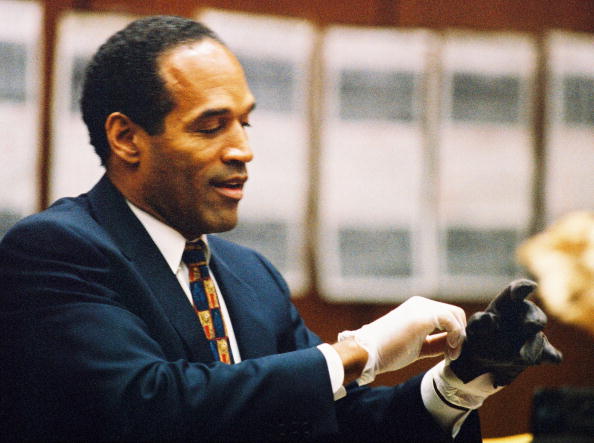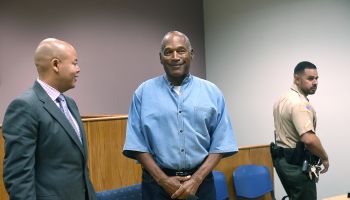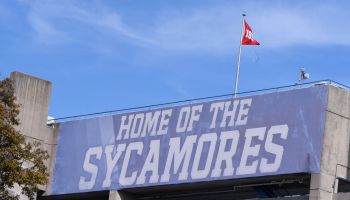Missing absentee ballots and long lines for early voting sites have left many South Floridians unable to participate in this year’s elections.
Voters have yet to receive absentee ballots from Broward County’s elections office, requested weeks prior. Early voting lines in Miami-Dade have wait times ranging up to six hours. In Aventura, officers turned away voters who couldn’t locate parking spots. This prompted a county commissioner to organize a shuttle from the distant lots to the polls.
Over in Miami Gardens, former Florida governor, Charlie Crist, made an appearance, asking Governor Rick Scott to extend early voting hours for all the state’s counties. But Scott, who authorized a law limiting voting days to 8 from 14 last year, is unlikely to listen. Scott also cut early voting the Sunday before Election Day. Seeing as how that day has traditionally been when African-Americans churchgoers drive to the polls in droves, many viewed the law as a way to disenfranchise blacks from voting.
“We think that the hours we have right now are the best hours we’ve ever had,” said Chris Cate, a spokesman for Scott’s elections division.
Want to Keep Up With NewsOne.com? LIKE Us On Facebook!
Voters from out-of-state are also having issues with absentee ballots. Nineteen-year-old Olivia Plana, a Pompano Beach resident, requested her ballot September 30th. An elections supervisor told her two more ballots were sent on October 9th and 26th. She still has yet to receive any. Plana says if she doesn’t receive the ballot by today, she will have it FedEx’ed at her expense.
“If I have to pay, I’ll pay, Plana told the Miami Herald. “I don’t think I should have to pay to vote.”
To help alleviate the long lines, poll workers have been giving water to people waiting to cast their votes. North Miami Mayor Carlos Gimenez cited the long waits on the large number of ballots.
“Sometimes, voters are a little bit confused by some of the ballot items,” Gimenez said. “Some voters aren’t aware that they don’t get to vote for every representative. There’s confusion there … And we have a tremendous amount of voters that really want to vote.”
















